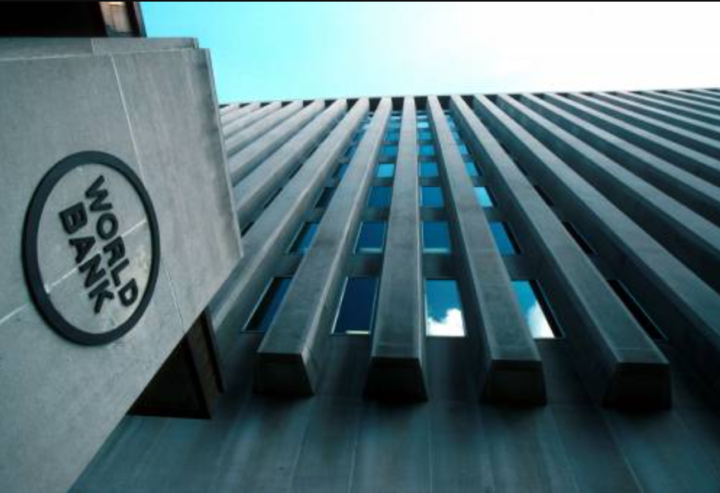In the latest edition of the Nigeria Development Update (NDU) presented by the World Bank’s Lead Economist for Nigeria, Alex Sienaert, a stark reality emerged regarding the Federal Government’s Conditional Cash Transfer Program. Launched on October 17, 2023, by President Bola Tinubu, the initiative aimed to provide N25,000 per month for three months to 15 million poor, near-poor, and vulnerable households in Nigeria, supported by an $800 million loan from the World Bank. However, the disbursement data reveals a significant gap between intentions and execution.
As of now, only 1.5 million households, a mere 0.1% of the targeted 15 million, have received their monthly N25,000 cash transfers. This leaves a staggering 99.9% of the intended beneficiaries grappling with financial hardship and uncertainty, highlighting the urgent need for the program’s effective implementation.
The economic challenges facing Nigeria have been exacerbated by recent policy changes, including the elimination of fuel subsidies. These policies have disproportionately affected the poor and vulnerable, underscoring the crucial role that a timely and widespread cash transfer system could play in alleviating the economic burden on those most in need.

One significant hurdle in reaching the intended beneficiaries appears to be the National Identity Number (NIN) requirement. According to the World Bank, less than 1% of the targeted population possesses a NIN, posing a potential barrier to their inclusion in the cash transfer program. The Federal Government’s goal of having 20% of individuals registered in the National Social Registry with a valid NIN by June 30, 2022, has fallen drastically short, with only 0.10% meeting this criterion as of December 31, 2022.
The potential exclusion of approximately 9.66 million poor and vulnerable individuals from the registry looms large, as the Federal Government contemplates disqualifying those without both NIN and Bank Verification Numbers (BVN). The significance of NIN in this context was emphasized by the World Bank Lead Economist for Nigeria, who stated that beneficiaries would be supported to enroll for the NIN during the verification process to enhance coverage and the use of the national identity number.
Recognizing the pivotal role of NIN in the cash transfer program, the Central Bank of Nigeria (CBN) has taken proactive measures. The CBN recently announced that all bank accounts lacking BVN and NIN will be placed on “Post no Debit” status effective April 2024. Furthermore, the CBN mandated the electronic revalidation of all BVNs or NINs associated with accounts or wallets by January 31, 2024, as part of an overarching effort to promote financial stability in the country.
In light of these challenges, it is imperative for the Federal Government, in collaboration with relevant agencies, to address the bottlenecks hindering the smooth execution of the Conditional Cash Transfer Program. Streamlining the process of obtaining NIN, expanding the National Social Register, and ensuring transparent verification procedures are crucial steps in reaching the program’s ambitious targets and providing much-needed relief to Nigeria’s struggling households.
As the country grapples with economic uncertainties, the success of social intervention programs such as the Conditional Cash Transfer Program becomes even more critical in fostering resilience and stability among the most vulnerable segments of the population. The effective implementation of these initiatives not only reflects the government’s commitment to social welfare but also determines the trajectory of recovery for a nation facing multifaceted challenges. Infostride News will continue to monitor and report on developments related to this vital aspect of Nigeria’s socio-economic landscape.
Support InfoStride News' Credible Journalism: Only credible journalism can guarantee a fair, accountable and transparent society, including democracy and government. It involves a lot of efforts and money. We need your support. Click here to Donate
